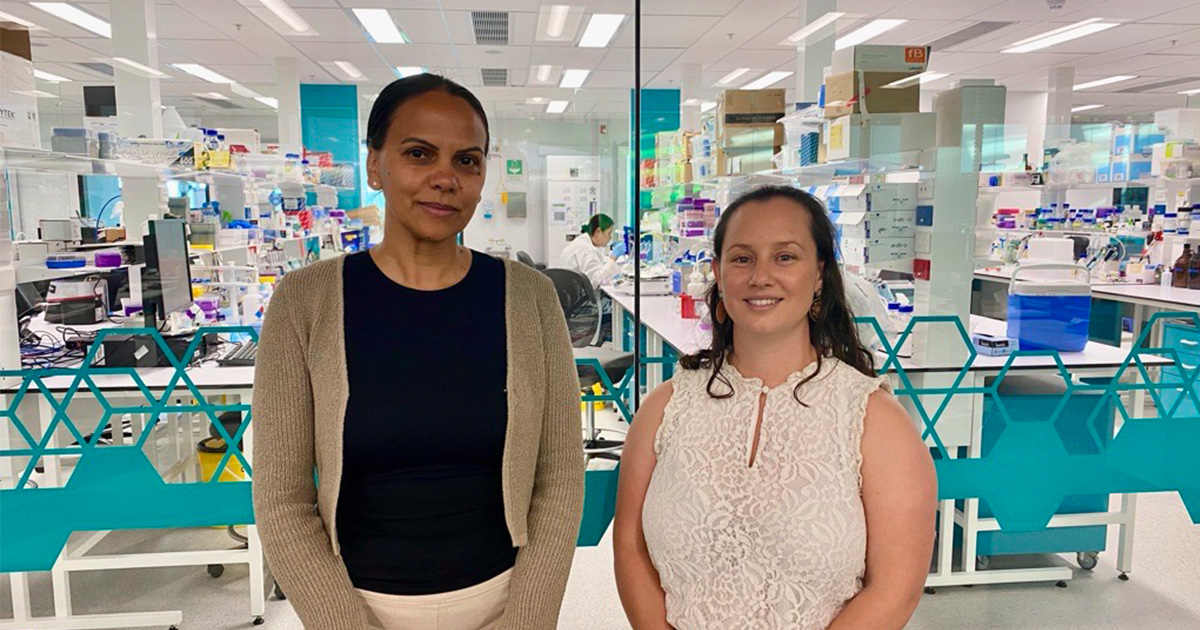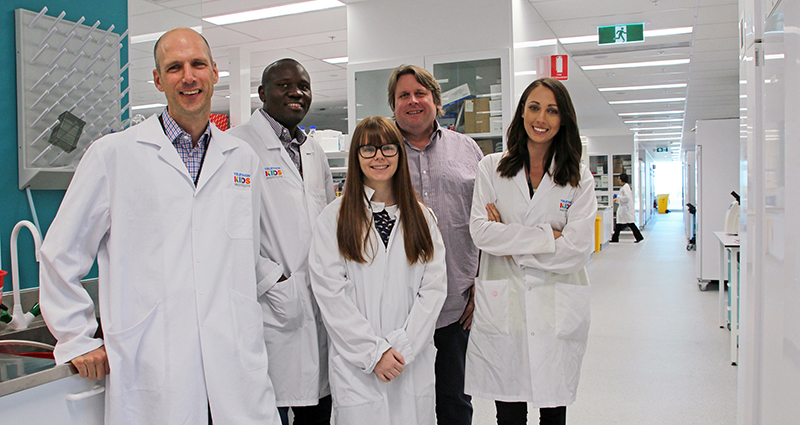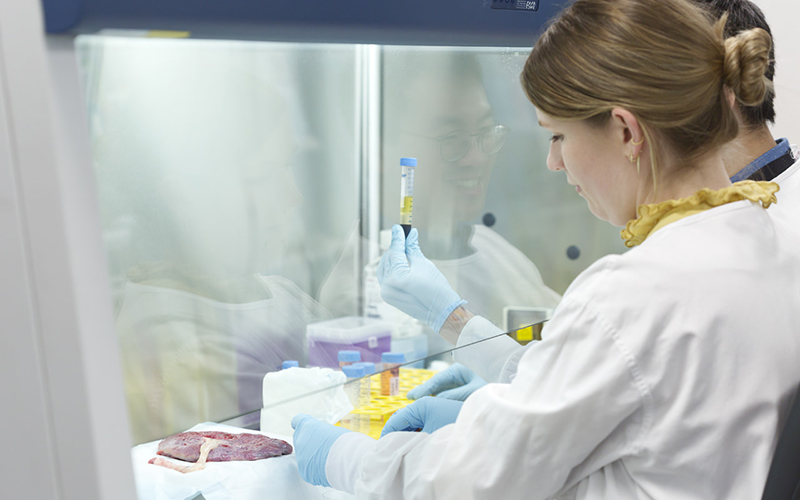Search
Research
Incidence and survival for childhood central nervous system tumours in Australia, 1983–2016To investigate incidence and survival of childhood tumours of the central nervous system (CNS) by histological subtype, tumour behaviour and tumour grade. Methods: National, population-based data on all children under 15 years old diagnosed with a CNS tumour between 1983 and 2016 were sourced from the Australian Childhood Cancer Registry. Incidence rate trends were calculated using Joinpoint regression.
Research
Viridans Group Streptococci in Pediatric Leukemia and Stem Cell Transplant: Review of a Risk-stratified Guideline for Empiric Vancomycin in Febrile NeutropeniaViridans group streptococci (VGS) are an important cause of sepsis in immunosuppressed children. We reviewed the effectiveness of risk-stratified addition of vancomycin to empiric febrile neutropenia therapy among 107 children with leukemia or undergoing an allogeneic transplant.
Research
The Role of Cannabinoids as Anticancer Agents in Pediatric OncologyCannabinoids are a group of chemicals that bind to receptors in the human body and, in turn, modulate the endocannabinoid system (ECS). They can be endogenously produced, synthetic, or derived from the plant Cannabis sativa L. Research over the past several decades has shown that the ECS is a cellular communication network essential to maintain multiple biological functions and the homeostasis of the body. Indeed, cannabinoids have been shown to influence a wide variety of biological effects, including memory, pain, reproduction, bone remodeling or immunity, to name a few. Unsurprisingly, given these broad physiological effects, alterations of the ECS have been found in different diseases, including cancer.
Research
DYRK1A regulates B cell acute lymphoblastic leukemia through phosphorylation of FOXO1 and STAT3DYRK1A is a serine/threonine kinase encoded on human chromosome 21 (HSA21) that has been implicated in several pathologies of Down syndrome (DS), including cognitive deficits and Alzheimer's disease. Although children with DS are predisposed to developing leukemia, especially B cell acute lymphoblastic leukemia (B-ALL), the HSA21 genes that contribute to malignancies remain largely undefined. Here, we report that DYRK1A is overexpressed and required for B-ALL. Genetic and pharmacologic inhibition of DYRK1A decreased leukemic cell expansion and suppressed B-ALL development in vitro and in vivo.

News & Events
Setting the agenda: Urgent priorities to close the childhood cancer gap for Aboriginal and Torres Strait Islander childrenA review led by the First Nations Childhood Cancer team at The Kids Research Institute Australia has highlighted the urgent need for Indigenous-specific studies focused on cancer outcomes, survivorship and equity.

This year for Childhood Cancer Awareness Month, we got to know the sarcoma research team at Telethon Kids.

News & Events
World-first research to transform outcomes for First Nations children with cancerA first of its kind research program at The Kids Research Institute Australia aims to develop new strategies to better treat First Nations children with cancer.

News & Events
Multi-million-dollar investment in child health to support vital researchFour The Kids Research Institute Australia researchers have received prestigious fellowships and four significant cohort studies led or co-led by The Kids have received key grants under two new funding programs supported by the State Government’s Future Health Research and Innovation (FHRI) Fund.

News & Events
Biobank funding supports valuable research resourcesFour The Kids Research Institute Australia-based biobanks which underpin a range of cancer, respiratory and early life research have received more than $450,000 in funding.

News & Events
WA children with most aggressive cancers to benefit from Australian-first personalised medicine clinical trialPersonalised medicine for childhood cancers in West Australia is a step closer thanks to the Zero Childhood Cancer program’s state clinical trial launched today
